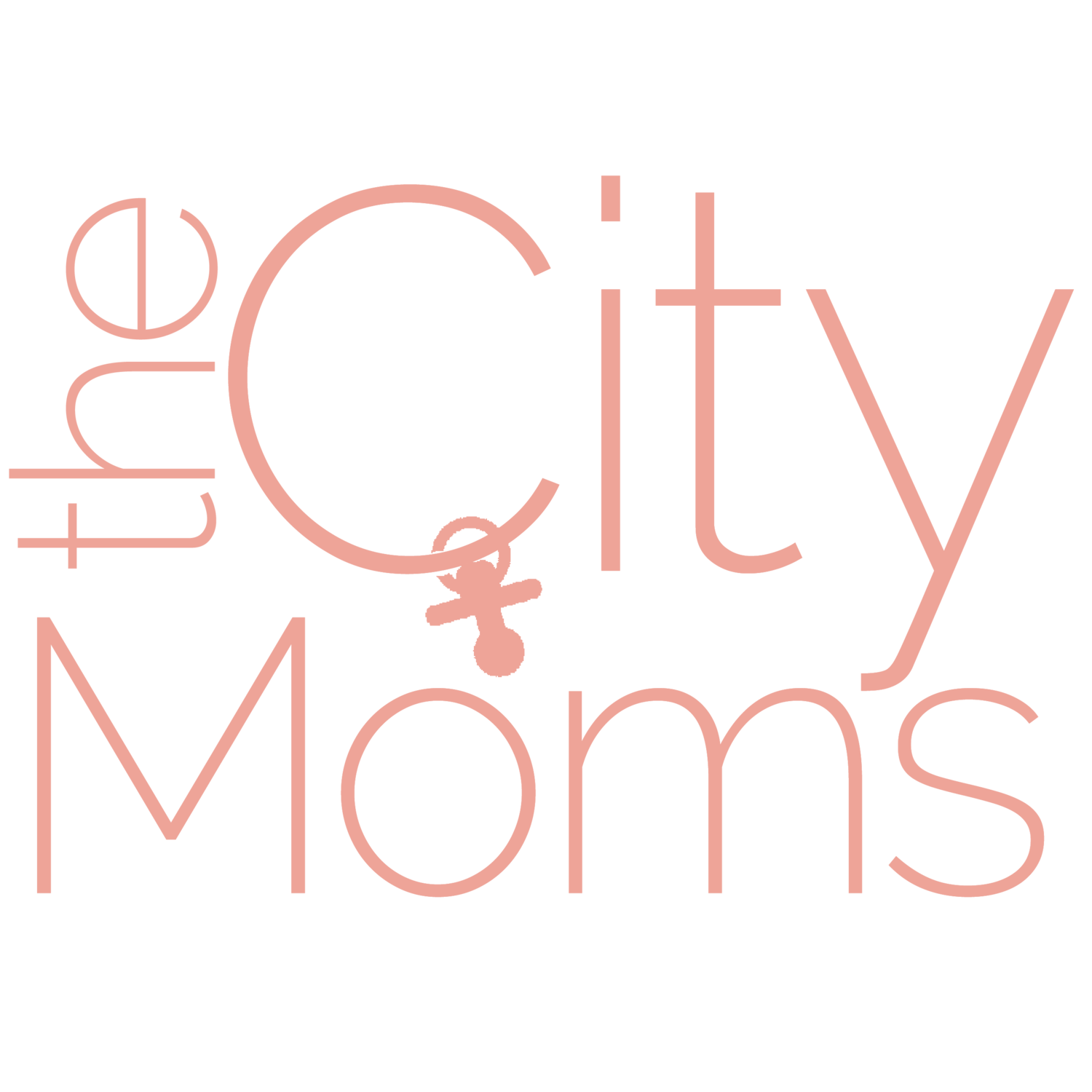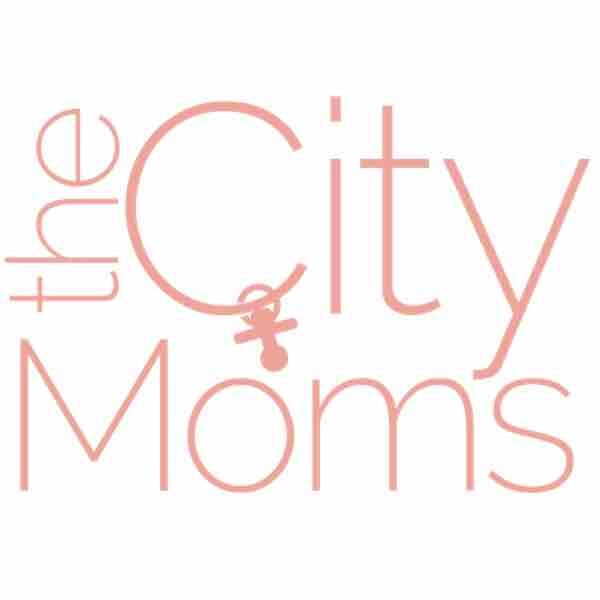Breaking down alternative education options for school-aged kids
As fall approaches, CityMoms with elementary and middle schoolers have been comparing alternative education options. Our group chat is buzzing with words like “Reggio Approach” and “Forest Schools.” We wanted to learn more, and are willing to bet you do too. Browse the list below where we are breaking down some alternative schooling options and where to find them in the Indy area.
The Montessori Method
Montessori schools encourage independence by allowing kids to choose their work and learn through exploring. Children are grouped within an age range (such as 4-6, 7-9, etc.) learning together. The Montessori philosophy is that children learn best by doing. Therefore, they can work alone or in a group and are mainly free to move throughout the classroom or school. Teachers work with students to set expectations for learning and will provide more structure or support as needed. These schools do not typically give letter grades, standardized testing, or homework assignments. With an emphasis on individualized learning, progress is measured through a combination of self-evaluation, parent/teacher conferences, narrative progress reports, or student portfolios. Because students can learn at their own pace, this setting may benefit average students, gifted students, or those with special needs.
Indy-area Montessori Schools:
A Children’s Habitat - Ages 18 months to 12 years
Community Montessori School - Ages 18 months-6th grade
Francis W. Parker Montessori School 56 - Grades Pre-k-8th
International Montessori School - Ages 3-9
IPS George Washington Carver School 87 - Ages Preschool -8th grade
Maria Montessori International Academy - Ages 3 months-12 years
Northside Montessori School - Ages 3-12 years old
Rousseau McClellan School 91 - Grades Pre-K-8th
The Children’s House - Preschool through 8th grade
Image used with thanks from Maria Montessori International Academy
The Reggio Approach
This approach emphasizes the belief that each child’s learning potential contains a hundred languages. These are the many ways a child can express themselves, think, understand, and learn from their individual experience. Kids are encouraged to ask questions, work with others, and explore their environment. The environment is considered a third teacher, and classrooms are set up in ways that encourage exploration and discovery while learning.
Indy-area Reggio Schools:
Giving Tree Early Learning - 12months-Pre-K
IPS/Butler University Laboratory School 60 - Pre-K-8th
The Sapling School - Ages 3-5
DON’T MISS THIS: Back-to-school tips from kindergarten to high school
Forest Schools
While these schools do not provide a traditional curriculum, they can be a great supplement to conventional school or homeschooling. This approach focuses on experiential learning in outdoor settings. Children are encouraged to overcome challenges and gain experience in social, emotional, and physical risk-taking in a natural environment. Forest schools emphasize empowering kids by building resilience, problem-solving, and learning to connect socially. Learning is done outdoors during all seasons to encourage kids to form connections with their environment regardless of the weather.
Indy-area Forest Schools/Groups
Outdoor Play People of Greater Indianapolis - All ages welcome
White Pine Wilderness Academy - Homeschool enrichment Pre-K-12th grade, After school clubs ages 7-17, Summer camp ages 4-16
Image courtesy of White Pine Wilderness Academy.
Parochial Schools
These are religiously affiliated private schools whose philosophy will vary depending on your religious orientation. There are too many in Indianapolis to list, but if this interests your family, talk to your local church or religious organization to find out what options are closest to you.
Homeschooling
Kids are educated by one or more parents or caregivers, with options outside the home through special programming. In addition, Indianapolis has an array of options for supplementing the homeschool curriculum.
Not sure where to start? Check out this guide for all the details on homeschooling in Indiana.
Online Schooling
Another alternative to homeschooling, virtual schools offer flexibility and individualized learning that may be hard to find in traditional school settings. Kids with special needs or increased health risks benefit from one-on-one attention and the safe surroundings of their home environment while learning. This setting also encourages parent involvement while relieving parents of the sole burden of responsibility for their kids’ education. Many online schools are accredited and work with families to develop individualized lesson plans that meet everyone’s needs.
Indy-area Online School:
Indiana Connections Academy - Free online public education Grades K-12
Whatever you choose, remember that picking a school is a personal decision that must be made at an individual level. No one knows your unique child’s needs better than you. Don’t stress too much mama; no choice is permanent!
Looking for more support? Our members-only Facebook group is always here for you, join us!





